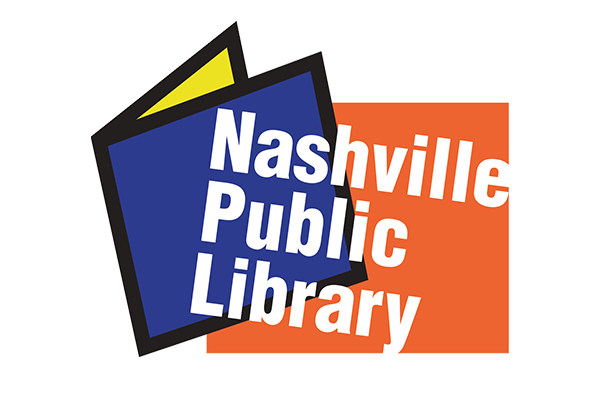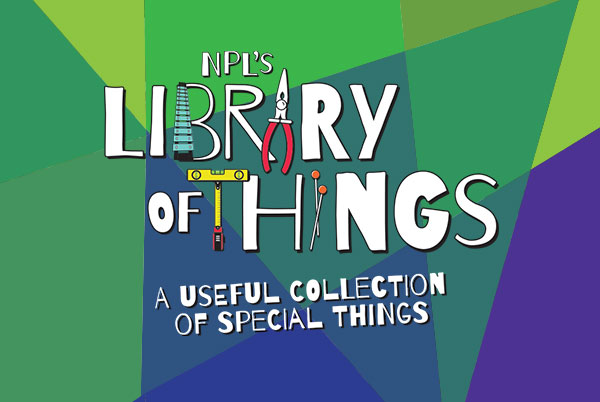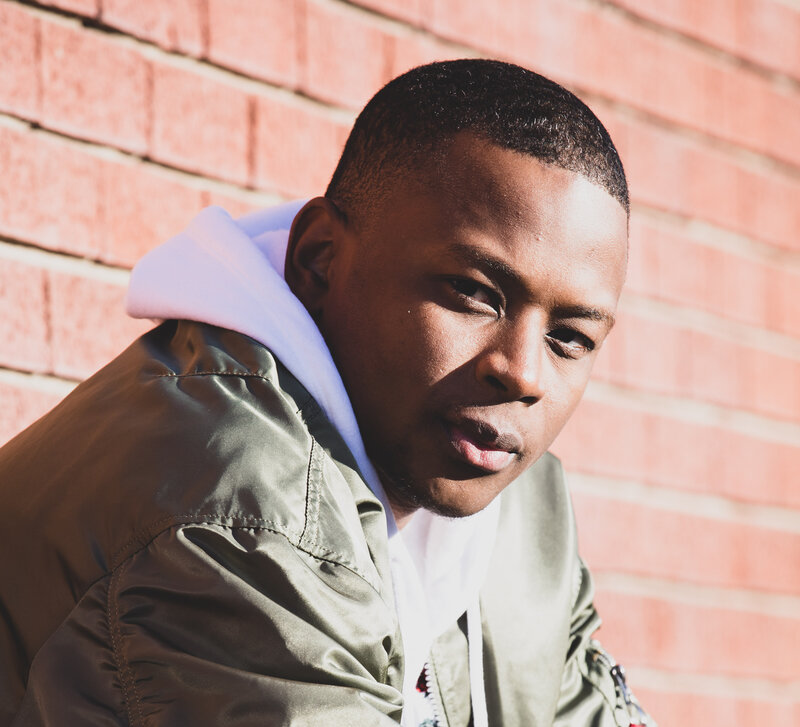What motivated you to share your story of racial trauma and healing?
I started journaling a few years ago during a stressful time of my grandma’s diagnosis with terminal brain cancer. I turned to my journal every night to vent what happened during the day. I was witnessing so much family dysfunction. I began realizing that this behavior isn’t normal and that it comes from what I believe to be intergenerational trauma.
I thought I was done with the book at the end of 2019 and then 2020 happened. I went back to add some chapters to tie in the racial injustice exposed by COVID-19 and Black Lives Matter and its connection to mental health. I started to see the outcry of the world, and of Black people in particular, and realized that racial trauma was part of my story too. I had normalized the effects of racism on my family, because it’s so prevalent and pervasive. My book follows a path of awakening from the normalization of racism and poor mental health, to the realization that things could be different, and finally to liberation to a place of peace.






